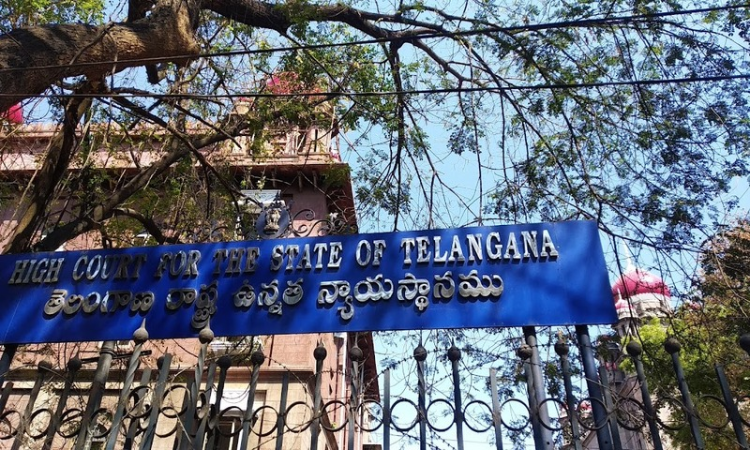Police Can't Arrest Person Without Magistrate's Permission After Issuance Of 41-A CrPC Notice: Telangana High Court
Sparsh Upadhyay
12 Feb 2022 8:16 PM IST

Next Story
12 Feb 2022 8:16 PM IST
The Telangana High Court has observed that after issuance of notice under Section 41-A Cr.P.C., if the police feel that the accused has to be arrested, then, without obtaining permission from the Magistrate concerned, they cannot arrest the accused.The Bench of Justice Lalitha Kanneganti observed thus while dealing with an anticipatory bail plea filed by the application in a case registered...
